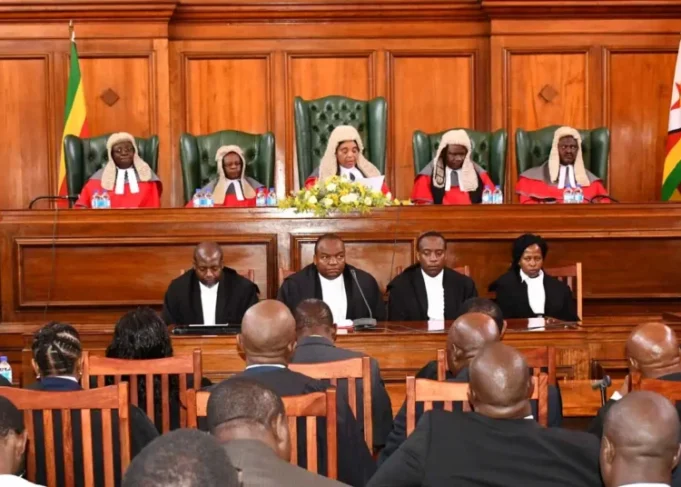Zimbabwe’s High Court has ruled that women who are raped by their husbands and girls under 18 should have access to abortion services.
The ruling, delivered on November 22 by Judge Maxwell Takuva, challenges the country’s restrictive abortion laws, which previously prohibited abortion in such cases.
Judge Takuva emphasized that, since Zimbabwe’s laws criminalize marital rape and sex with minors, victims of these crimes should be allowed to terminate pregnancies resulting from such abuse.
He described the situation as “torture, cruel and degrading treatment” for a child to carry a pregnancy, give birth, or be forced to undergo an illegal abortion under distressing circumstances.
While the government did not oppose the case brought by a women’s rights group, the ruling will require approval from the Constitutional Court before it becomes legally binding.
Takuva’s decision underscores the critical issue of teenage pregnancies in Zimbabwe, which often lead to unsafe and illegal abortions, contributing to high maternal mortality rates.
In his judgment, he noted that providing safe, legal abortion services for minors is essential given the widespread problem of teenage pregnancies in the country.
Zimbabwe’s abortion laws are among the most restrictive in the region, permitting abortion only in cases where the mother’s life is at risk, the fetus is severely deformed, or the pregnancy is the result of unlawful sexual acts, such as incest.
However, the laws still deny abortion services to girls under 18, even though the legal age for consensual sex was raised to 18 from 16 in 2021.
Despite these legal restrictions, Zimbabwe sees approximately 77,000 unsafe abortions annually, with many more going unreported.
Cultural norms, poverty, and a lack of access to contraception contribute to a high rate of teenage pregnancies in the country, where nearly one in four girls aged 10 to 19 become pregnant, according to government and UNICEF data.
The ruling is significant in a country where cultural and religious practices often pressure girls into early marriages, with one in three girls marrying before the age of 18.
This situation leaves many girls vulnerable to early pregnancies and, in some cases, coerced marriages with the men responsible for their pregnancies.

















